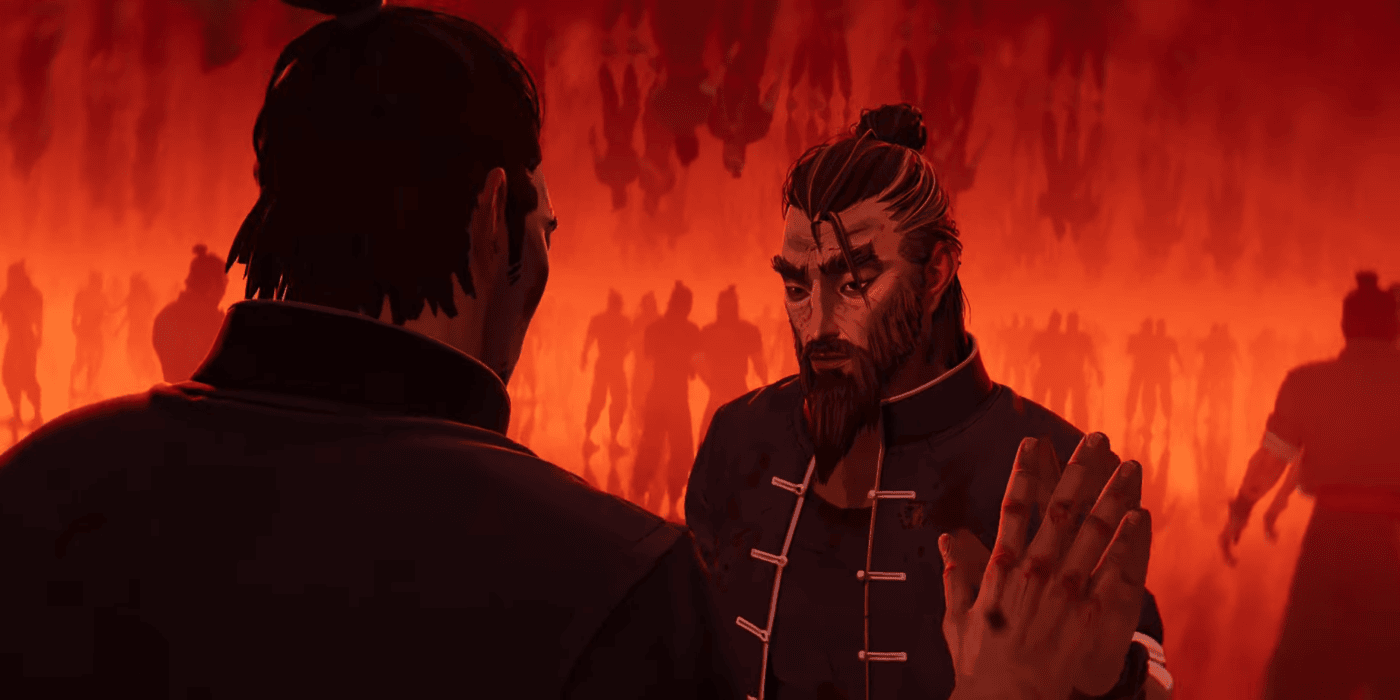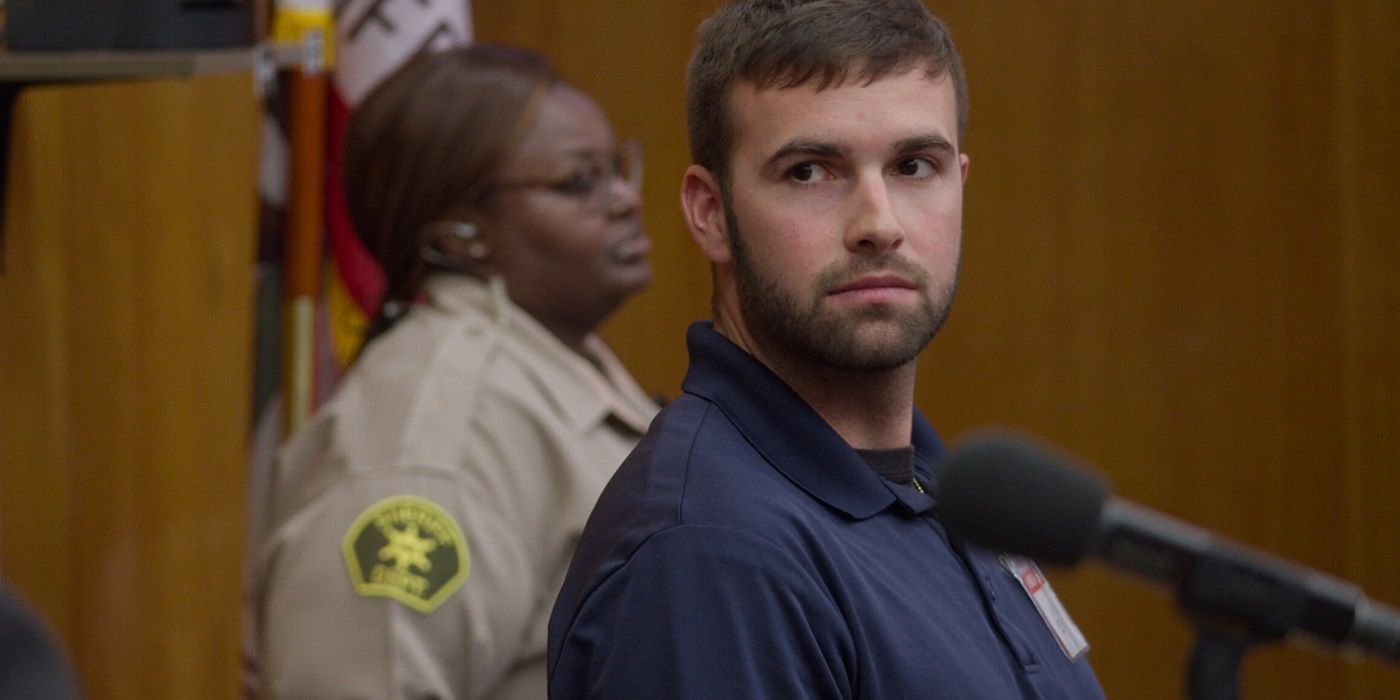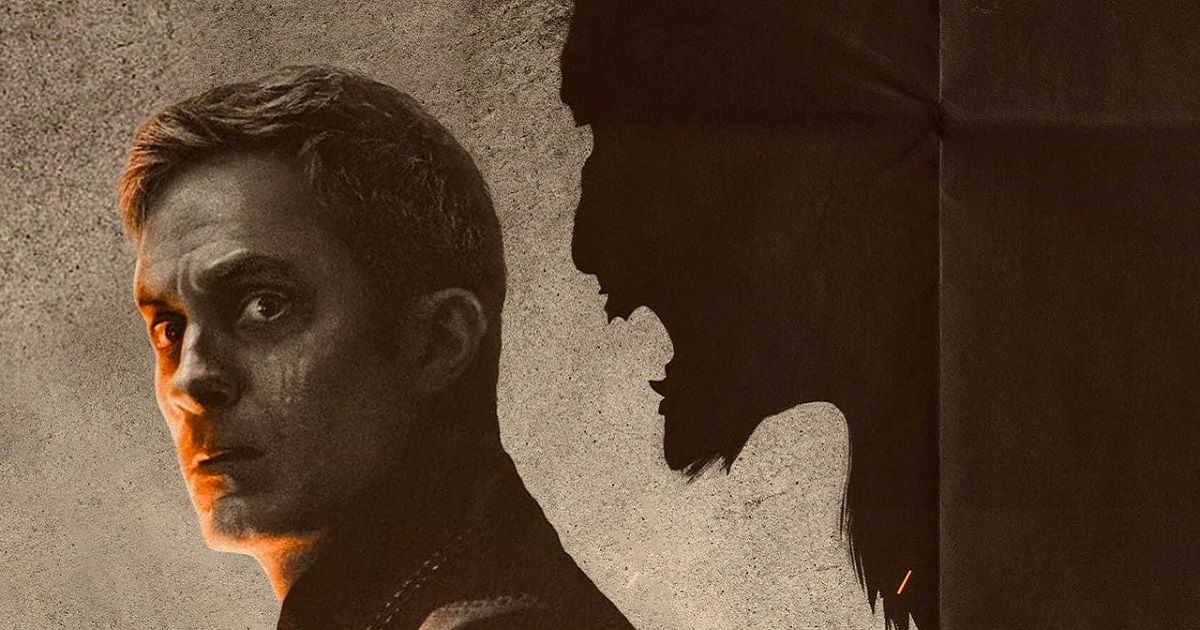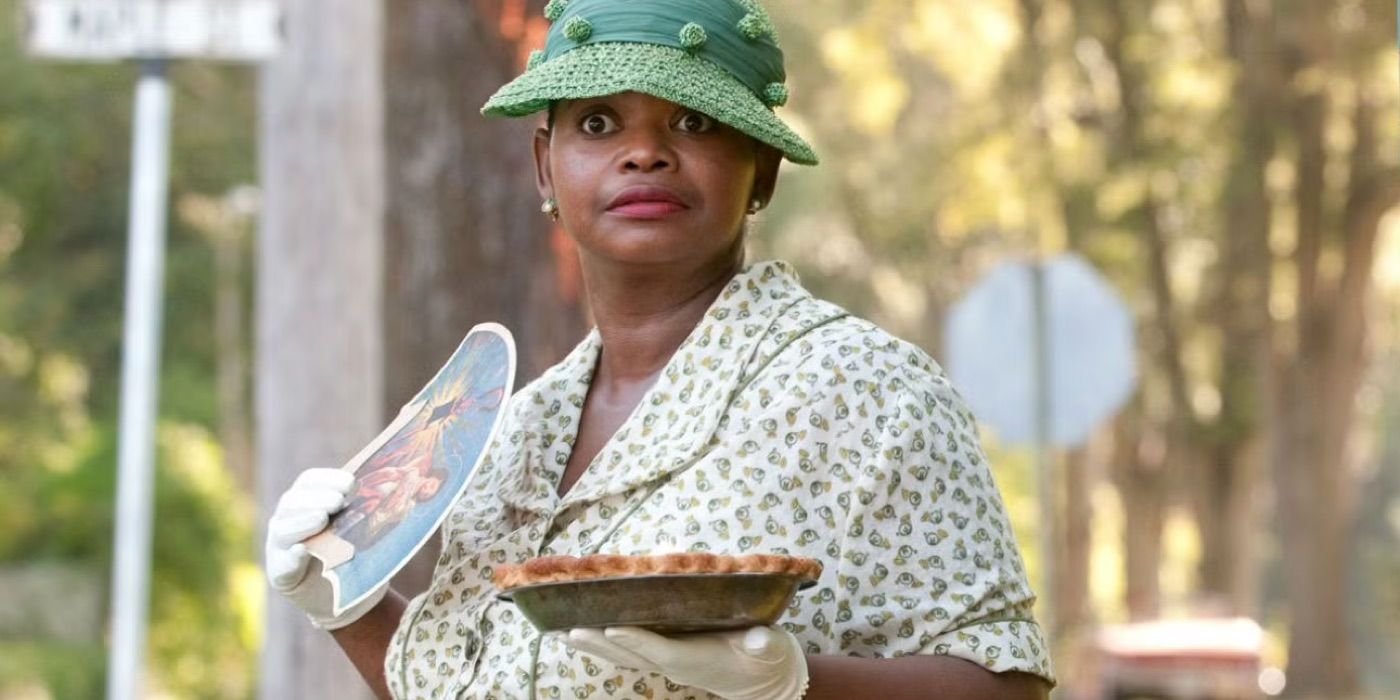Where male leads such as Poitier and his contemporary Harry Belafonte assumed relatively tame relationships with their female counterparts, Roundtree’s Shaft leaned into the sexual revolution of the decade. Free of the restrictions of Poitier’s heyday, Roundtree swore on screen and, in the terminology of the era, “bedded” beautiful ladies. Brothers wanted to be like him; sistas wanted to be liked by him. The former model lent depth to a role that may have come off as comic book or superficial in the wrong hands. Roundtree’s flashing smile, well-timed wit, and believable bravado layered into unavoidable screen sex symbolism. He was critically well-received, earning a Golden Globe award as Most Promising Newcomer in 1972. But it was the sex that sold. When Roundtree visited McKinley High School in D.C., the reception was just short of a riot, but in an adoring way.
The box office success of “Shaft” sparked a sub-genre featuring Black male leads such as Ron O’Neal in 1972’s “Superfly” and former pro football players Jim Brown and Fred Williamson in many films. In each performance, the actors emulated the tough-talking, two-fisted example set by Roundtree.
Roundtree reprised his most famous role in 1972’s “Shaft’s Big Score” and 1973’s “Shaft in Africa.” Blaxploitation had its first franchise. After the “Shaft” trilogy, Roundtree was cast in 1974’s “Earthquake” and 1979’s “Escape To Athena,” as well as the latter year’s “Day of the Assassin” and “A Game For Vultures.” The popular star portrayed the enslaved Sam Bennett in the landmark made-for-TV mini-series “Roots” (1977) and was Dr. Daniel Reubens on the U.S. first Black cast daytime drama (soap opera) “Generations” (which ran on NBC from 1989 to 1991). That won him recognition as Best Supporting Actor in A Daytime Series from the fan magazine Soap Opera Digest.
With his work in “Shaft,” “Roots,” and “Generations,” Roundtree not only demonstrated his acting range, but was also featured in three important vehicles in entertainment history. Not bad for a nameless hair model.
In 1993, Roundtree was diagnosed with breast cancer, for which he became a male spokesperson and awareness advocate. His masculine screen image helped spread the word that not only women were subject to the disease. During the 1990s and 2000s, he appeared, with varying degrees of success, in TV shows such as “The Closer” and “Lincoln Heights.” He was often cast in fatherly roles or as accomplished professionals, tributes to his serious screen demeanor. He remained tied to his Blaxploitation roots, as in 1996’s “Original Gangstas,” in which he played a character named “Slick.” Williamson, Brown, and Pam Grier joined him in that cast.
You can view the original article HERE.






























:quality(85):upscale()/2024/10/23/805/n/1922564/3c7878ba67193e463ea470.81388103_.png)